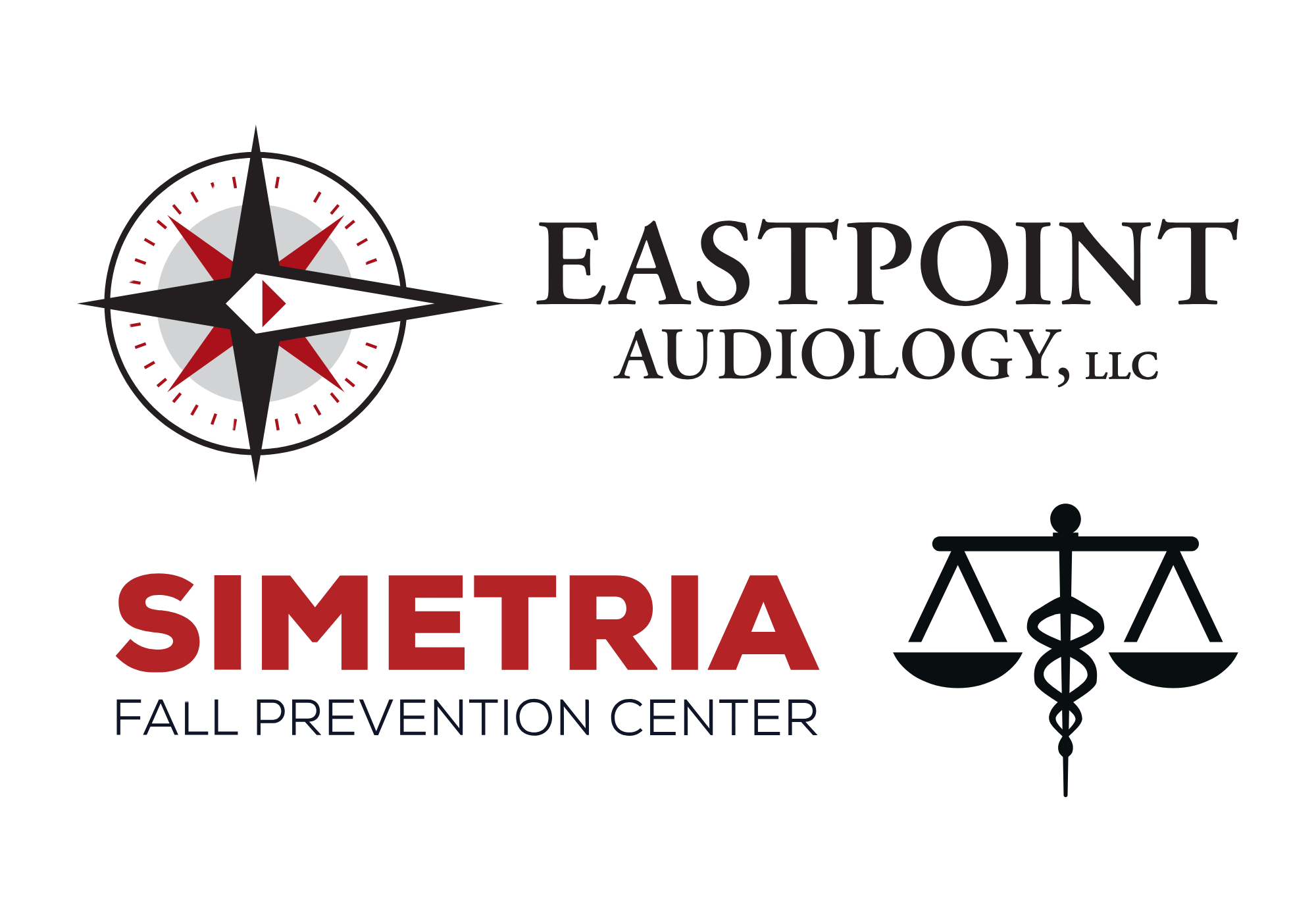Public opinion about marijuana and cannabinoids has transformed significantly over the past several decades. Many states have legalized the use of marijuana, THC, or cannabinoid products for medicinal purposes. The idea that some states (fewer) even allow the recreational use of pot would have been unimaginable a decade ago.
Cannabinoids are any compounds produced by the cannabis plant (essentially, the marijuana plant). And we’re still learning new things about cannabis despite the fact that it’s recently been legalized in numerous states. We frequently think of these particular compounds as having widespread healing qualities. But research suggests a strong connection between the use of cannabinoids and tinnitus symptoms but there are also contradictory studies.
Cannabinoids come in numerous forms
Today, cannabinoids can be consumed in a number of forms. It isn’t just pot or weed or whatever name you want to give it. These days, THC and cannabinoids are available in pill form, as topical spreads, as inhaled mists, and more.
Any of these forms that contain a THC level above 0.3% are technically still federally illegal and the available forms will differ by state. That’s why many people tend to be rather cautious about cannabinoids.
The issue is that we don’t yet know very much about some of the long-term side effects or complications of cannabinoid use. A good example is some new research into how your hearing is affected by cannabinoid use.
Research linking hearing to cannabinoids
Whatever you want to call it, cannabinoids have long been linked with helping a wide range of medical conditions. Seizures, vertigo, nausea, and more seem to be helped with cannabinoids, according to anecdotally available evidence. So researchers decided to see if cannabinoids could help with tinnitus, too.
Turns out, cannabinoids may actually cause tinnitus. Ringing in the ears was documented, according to the study, by 20% of the participants who used cannabinoids. And tinnitus was never formerly experienced by those participants. And tinnitus symptoms within 24 hours of consumption were 20-times higher with people who use marijuana.
And for individuals who already cope with ringing in the ears, using marijuana would actually worsen the symptoms. Put simply, there’s some fairly convincing evidence that cannabinoids and tinnitus don’t really mix all that well.
It should be noted that smoking has also been linked with tinnitus and the research was unclear on how participants were using cannabinoids.
Causes of tinnitus are not clear
The discovery of this connection doesn’t reveal the root cause of the relationship. It’s pretty clear that cannabinoids have an influence on the middle ear. But what’s producing that impact is much less evident.
Research, undoubtedly, will carry on. Individuals will be in a better position to make better choices if we can make progress in understanding the link between the many varieties of cannabinoids and tinnitus.
Don’t fall for miracle cures
There has certainly been no lack of marketing hype associated with cannabinoids recently. To some extent, that’s the result of changing mindsets surrounding cannabinoids themselves (this also demonstrates a growing desire to get away from opioid use). But this new research clearly demonstrates that cannabinoids can and do produce some negative effects, especially if you’re concerned about your hearing.
You’ll never be able to avoid all of the cannabinoid aficionados and devotees in the world–the advertising for cannabinoids has been especially aggressive lately.
But this research undeniably indicates a powerful link between tinnitus and cannabinoids. So if you have tinnitus–or if you’re worried about tinnitus–it may be worth steering clear of cannabinoids if you can, no matter how many advertisements for CBD oil you may come across. The connection between cannabinoids and tinnitus symptoms is unclear at best, so it’s worth exercising some caution.
Call Today to Set Up an Appointment
References
https://onlinelibrary.wiley.com/doi/full/10.1002/lio2.479
https://www.ncbi.nlm.nih.gov/pmc/articles/PMC5855477/
https://www.medpagetoday.com/meetingcoverage/aaohnsf/82180

